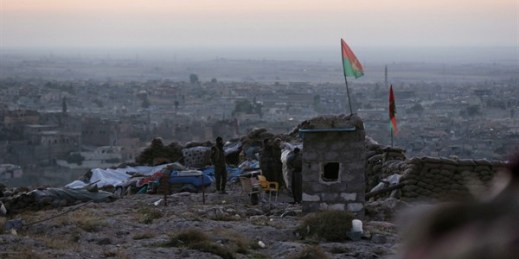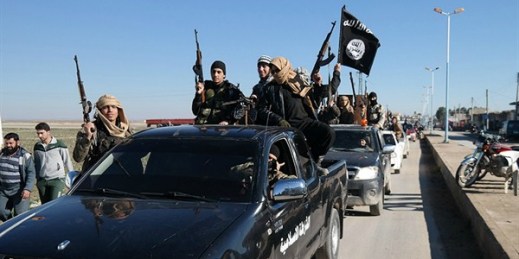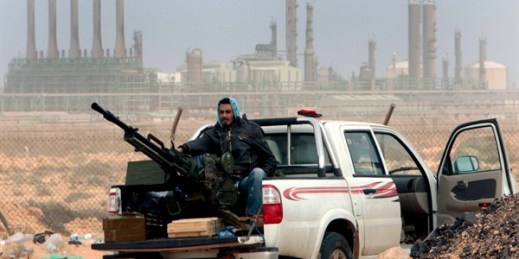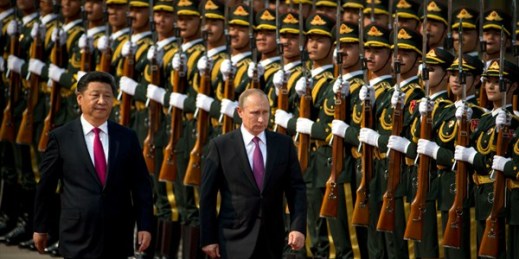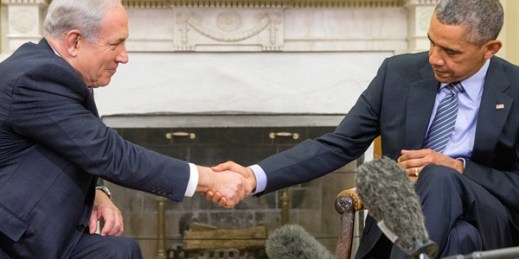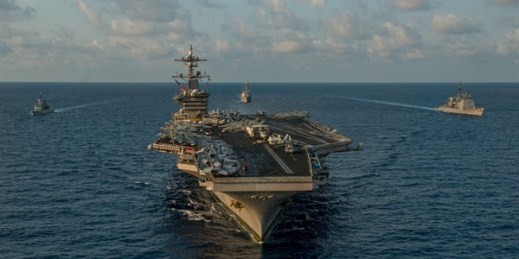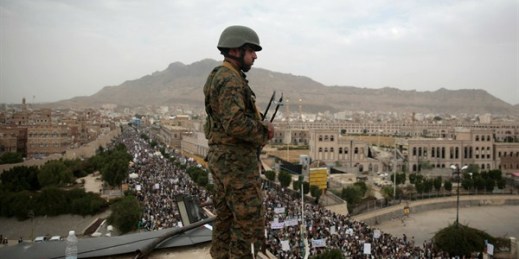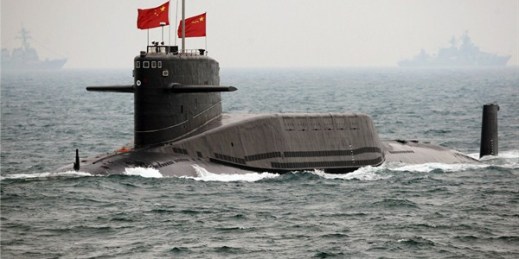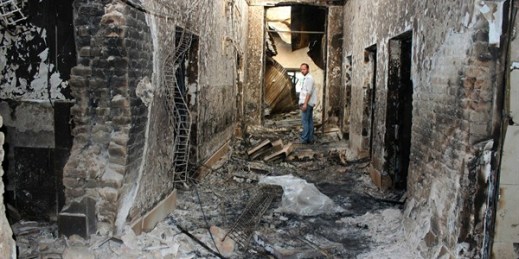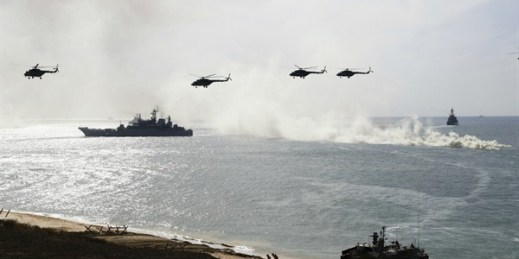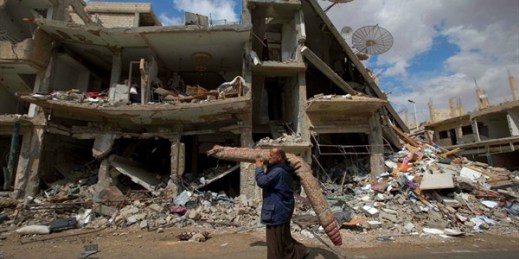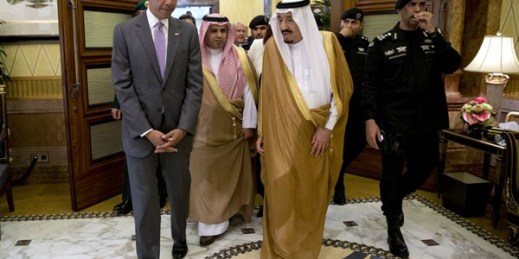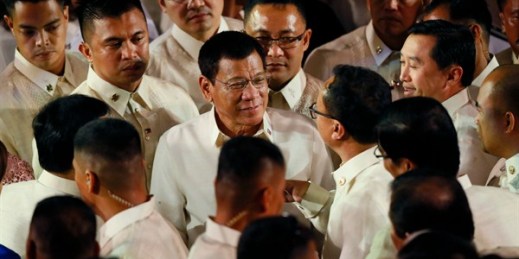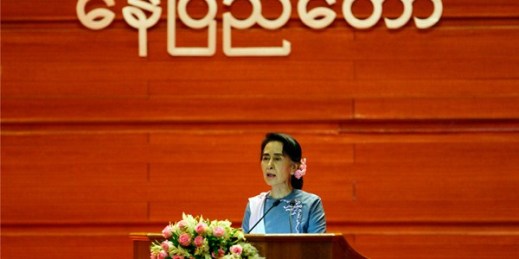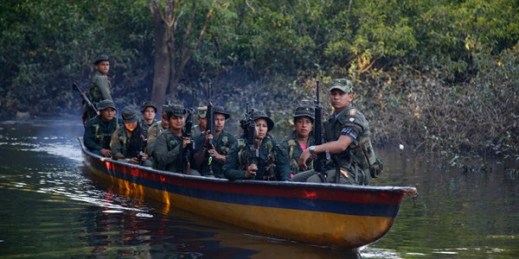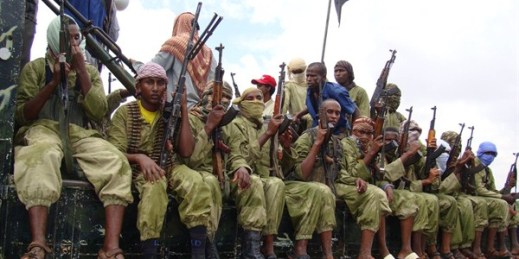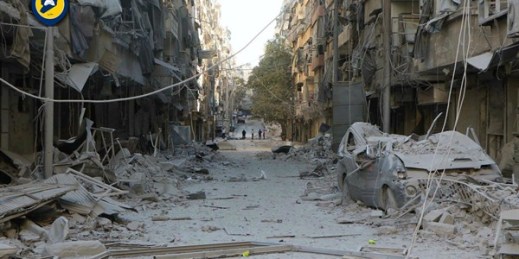
If it is hard to grasp the scale of devastation in rebel-held Aleppo this week, given the past four years of bitter warfare in Syria’s largest city, consider this detail from Liz Sly and Louisa Loveluck’s reporting in The Washington Post. With no electricity, “families huddle together in the dark” at night, when the bombings are the worst, “gathered in one room so that they don’t die alone, listening to the roar of the jets and waiting for the bombs to fall.” Taking shelter on the lower floors of apartment buildings, “entire families sleep in one room, because they prefer […]

